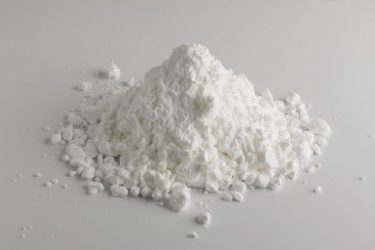
Not all Calcium Sulfate is the same. There is Dihydrate (Ca2SO4 +2H2O) and Anhydrite (Ca2SO4) Calcium Sulfate. The addition of the 2 naturally occurring water molecules in Calcium Sulfate Dihydrate make this type of Calcium Sulfate more water soluble, and therefore, it will work that much faster when applied. Dihydrate also aids in the transference of nutrients to the plant, providing the valuable nutrients Calcium and Sulfur. You could use Anhydrite in agriculture, but its benefits will be significantly slower to see. Anhydrite is better suited for wallboard and cement applications.
Mineral quality – All gypsum is formed with other minerals determined by the geographic area in which it resides. There are deposits naturally formed with minerals deleterious to agriculture such as salt, mercury, anthrax, and cadmium. Requesting an SDS (Safety Data Sheet) from your supplier will identify these elements. The highest quality gypsum is formed with other minerals that are also beneficial to agriculture, such as dolomite, lime or calcium carbonate.
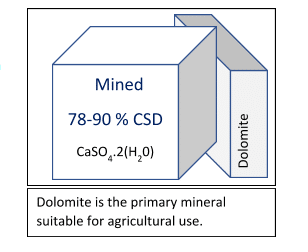







What else could you find in the natural deposit of Calcium Sulfate Dihydrate?

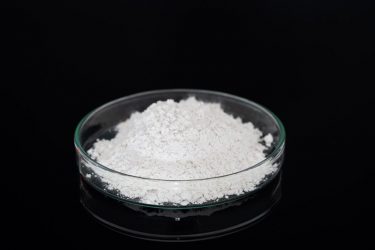
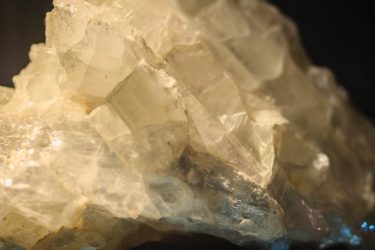
EcoGEM’s Soil Enhancer is offered at a minimum of 80% or minimum of 90% purity levels! It is also certified for Organic use by OMRI 
Natural or mined gypsum – There is synthetic gypsum available in the market that is produced from byproducts of coal fired power plants. This product cannot be labeled as organic and may have other trace materials imbedded that can be harmful to soil and plants. The higher quality gypsum is always natural.
Always ask your supplier to see a specification sheet before buying Calcium Sulfate Dihydrate to ensure you are getting quality product.
In summary, the highest quality gypsum for agriculture is natural, a dihydrate, has beneficial trace minerals, and purity levels over 80%. EcoGEM has the highest quality product in North America. Please find in the Products Tab the EcoGEM Soil Enhancer product specification sheet, MSDS, and a third-party analysis of our product.
We also offer a complementary service to our customers, based on a soil analysis provided by the customer, a personalized report identifying whether Gypsum is recommended, the purity level needed, and a suggested application rate. The report will be generated by a highly qualified agronomist who could also be available to explain the report in detail.
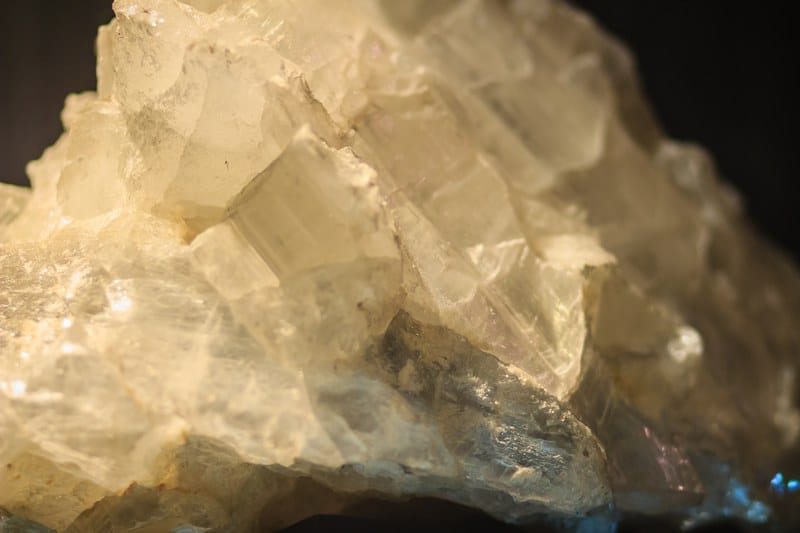

- I am being told that there is already a lot of calcium in my soil. Why should I apply more?
- Not all calcium is soluble. Calcium Carbonate – Limestone -, for example, is not soluble. As a result, this insoluble calcium is not available to the plant’s roots – it cannot be absorbed by the plant – and, therefore, cannot provide the vital nutrient of calcium to the plant.

- If you are requesting a soil analysis, request a test for active or soluble or extractable calcium. Without extractable calcium your plants/crops will not grow as they should. The insoluble calcium is not providing any benefits to your plant/crop.
- Both gypsum (Calcium Sulfate Dihydrate) and anhydrite (Calcium Sulfate) have the same solubility of 0.205 grams per 100 grams water (2019 CRC Handbook of Chemistry and Physics). This has also been verified by many field trials by soil scientists, agronomists, and western farmers. The solubility of 0.205 grams per 100 grams water equates to: 0.205 grams/100 grams water = 0.0171 pounds per gallon = 5,575 pounds per acre foot water. Therefore, the maximum solubility of gypsum or anhydrite in one acre foot water (325,851 gallons) is 5,575 pounds.

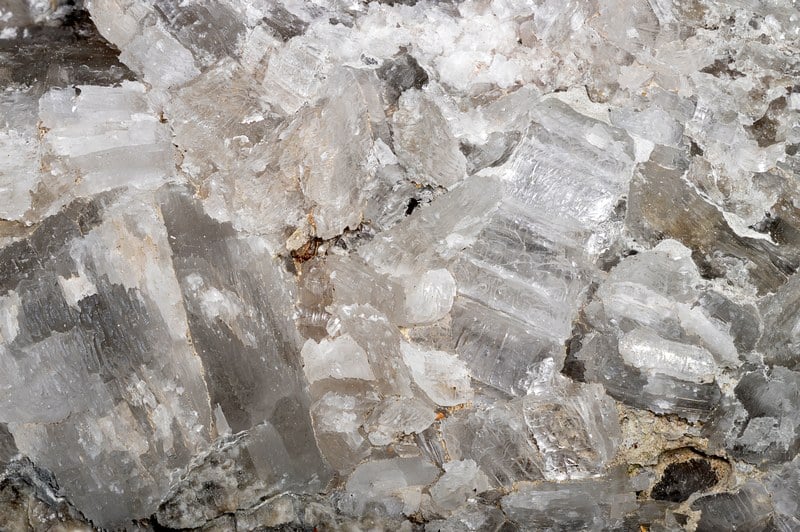


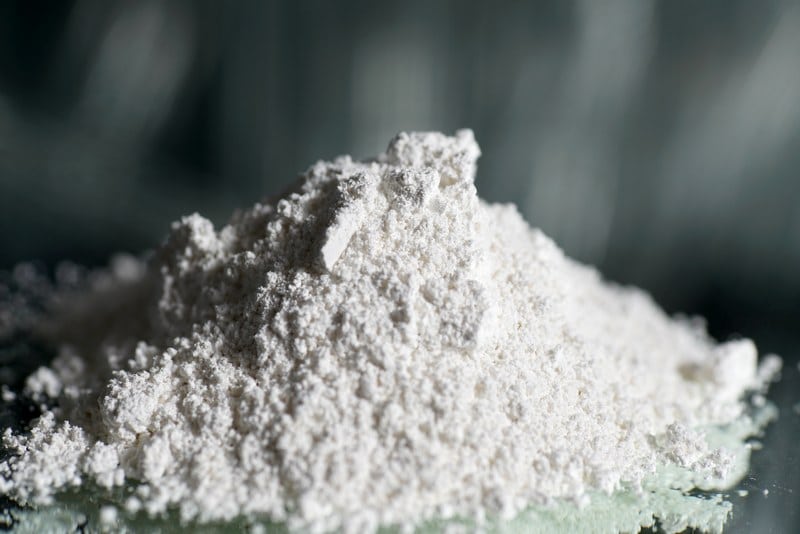

-
- Both gypsum (Calcium Sulfate Dihydrate) and anhydrite (Calcium Sulfate) have the same solubility of 0.205 grams per 100 grams water (2019 CRC Handbook of Chemistry and Physics). This has also been verified by many field trials by soil scientists, agronomists, and western farmers. The solubility of 0.205 grams per 100 grams water equates to: 0.205 grams/100 grams water = 0.0171 pounds per gallon = 5,575 pounds per acre foot water. Therefore, the maximum solubility of gypsum or anhydrite in one acre foot water (325,851 gallons) is 5,575 pounds.

- Limestone (calcium carbonate) is 150 times less soluble than gypsum and effectively insoluble. This means it provides no direct benefits to the plant, although Limestone is very necessary in acidic soils, and should never be used if soil pH is above 6.4.
- EcoGEM Soil Enhancer Ag Grade is a dihydrate with small particle size and will provide your soil with extractable, soluble Calcium without impacting your pH. .

Quality Gypsum
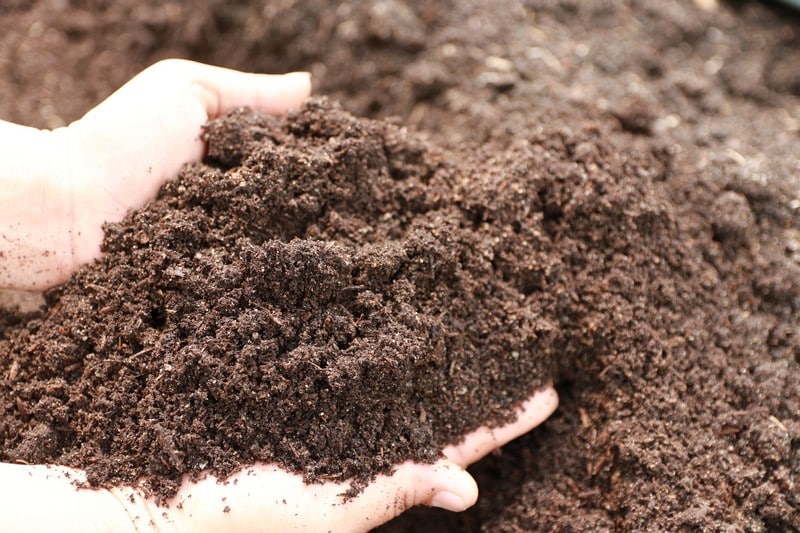
We, at EcoGEM, provide quality gypsum for your farming needs. Quality gypsum, also known as calcium sulfate dihydrate, can help increase water penetration significantly in your soil. Soil that is compacted can negatively affect moisture retention, soil composition and so much more. When water is able to penetrate the soil more easily, the root area is benefited with the infiltration of nutrients and fertilizers.
Quality gypsum is a naturally occurring mineral. Quality gypsum can remove excess sodium from soil and supply calcium. Our farming gypsum experts can help you in determining whether or not your soil would benefit from applying quality gypsum. Turn to us when you are looking for:
- Crust reduction with quality gypsum
- Improve run-off with quality gypsum
- Erosion control with quality gypsum
- Workable soils with quality gypsum
Get in touch with the experts at EcoGEM and find out why our quality gypsum is one of the best.
(303) 500-6944
Calcium Sulfate Dihydrate

Calcium sulfate dihydrate is both a calcium salt and a hydrate. Calcium sulfate dihydrate is gypsum and appears as white or nearly white odorless and a crystalline solid. Calcium sulfate dihydrate is used for a variety of reasons and purposes. One growing popular use for calcium sulfate dihydrate is that in farming gypsum needs. When you apply quality gypsum, you can see almost immediate results by adding calcium sulfate dihydrate to your soil.
By adding calcium sulfate dihydrate to your soil, you will see higher yields produced and higher profits as result. We recognize that with healthy soils, the chemistry of the soil needs to be balanced and that is just what adding calcium sulfate dihydrate does.
Farming gypsum has shown to provide multiple benefits including:
- Calcium sulfate dihydrate increases water penetration
- Calcium sulfate dihydrate reduces growing costs
- Calcium sulfate dihydrate prevents surface pooling
- Calcium sulfate dihydrate opens soil
If you are ready to begin experiencing the multiple benefits of using calcium sulfate dihydrate, call EcoGEM today.
(303) 500-6944
Farming Gypsum

Farming gypsum applications has been one of the earliest forms of soil amendments in the country. Farming gypsum is a soluble source of calcium and sulfur, which is essential for the nutrients of plants. By adding farming gypsum, it can overall improve the growth of the plant.
Regular use of farming gypsum is important to the sustainability of most irrigated soils. Most farming gypsum is mined and then pulverized to small particles. If you are looking to improve your soil, farming gypsum is the way to go. Farming gypsum can also prevent crusting of soil and aiding in seed emergence. When crust formation is prevented, more seed emergence takes place and results in a few days earlier to harvest and market.
Other key reasons to use farming gypsum includes:
- Farming gypsum improves compacted soil
- Farming gypsum stops water run-off
- Farming gypsum decreases pH of sodic soil
- Farming gypsum corrects subsoil acidity
There are certainly too many positive reasons to list why adding farming gypsum to your soil can help. To learn more about farming gypsum, get in touch with EcoGEM today.
(303) 500-6944




1 McKinsey & Co.: Agriculture and Climate Change, pg. 6, 7
2 Loveday J. (1981) Soil Management and amelioration. Abbot TS, Hawkins CA and Searle, PGE, eds. National soils conference 1980. Review Papers, pp 39-57. Glen Osmond, Australia: Australia Society of Soil Science Inc.
3 Carbon 180: Leading with Soil, pg. 10
4 Liming Chen and Warren Dick; 2011 from "Gypsum as an Agricultural Amendment. http://ohioline.osu.edu/b945/b945.pdf"
5 Loveday J. (1981) Soil Management and amelioration. Abbot TS, Hawkins CA and Searle, PGE, eds. National soils conference 1980. Review Papers, pp 39-57. Glen Osmond, Australia: Australia Society of Soil Science Inc.
6 Dr. Brent Rouppet, Ph.D. states, “Calcium Sulfate enhances water use efficiency so 25 to 100 % more water is available in calcium sulfate-treated soils compared to untreated soils.”
7 Dr. L. Oldham (2019) Secondary Plant Nutrients: Calcium, Magnesium, and Sulfur. Mississippi State University Extension, MS 39762. Information Sheet 1039 (POD-07-
8 McKinsey & Co.: Agriculture and Climate Change, pg. 6
9 http://www.soilsolutions.net/wp-content/uploads/2015/02/Gypsum-reduces-methane-emission-during-the-stora ge-of-pig-slurry.pdf

